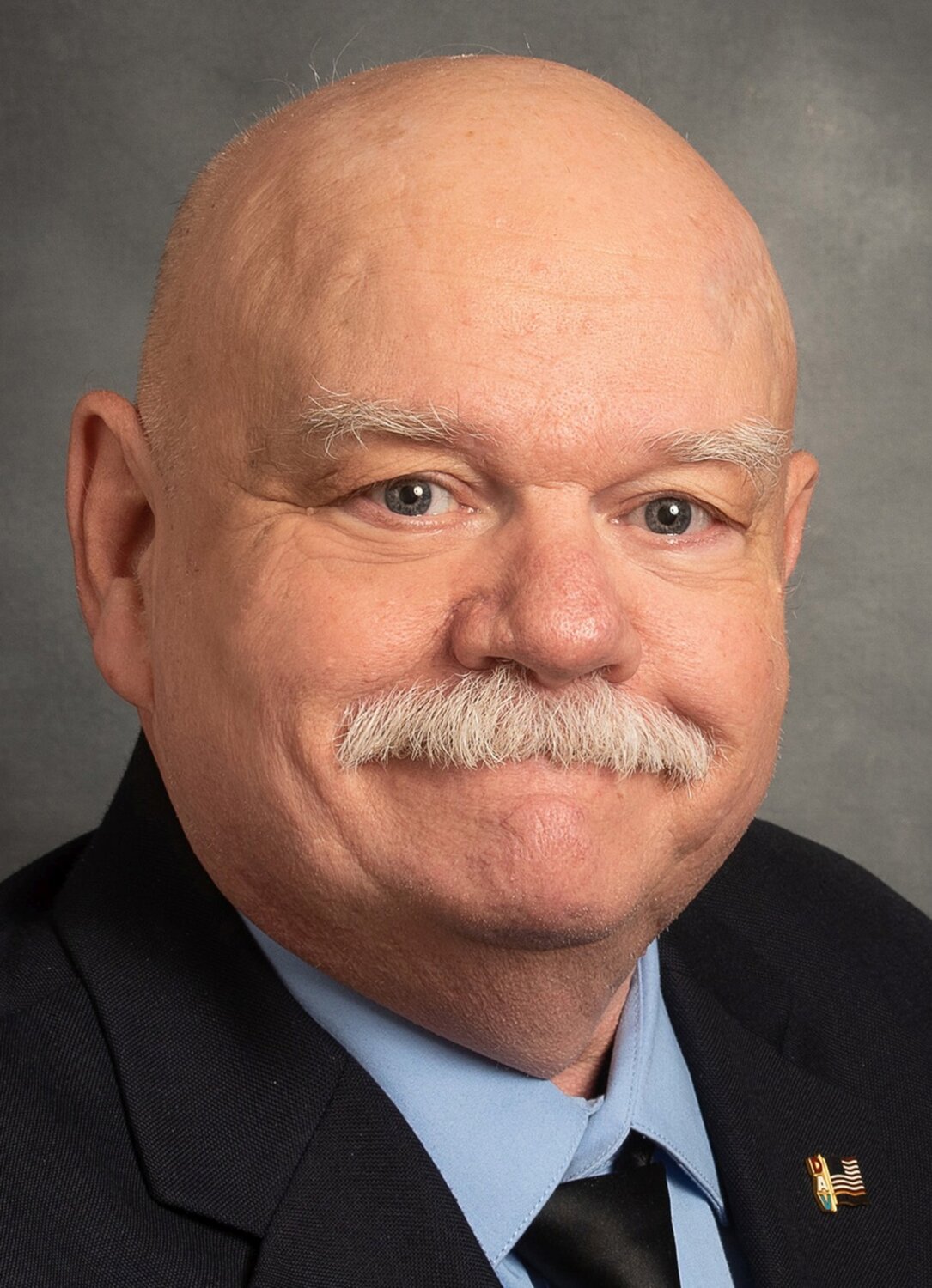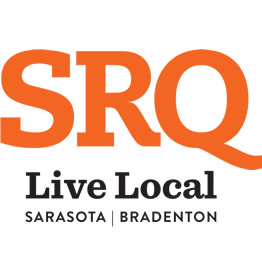Remembering the Forgotten War – Brookings Register

The Korean War is also called the Forgotten War because of its nature. It took place five years after World War II and the military structure was different in 1950 than in 1941.
Furthermore, World War II ended in victory; the Korean War ended in an armistice, and to this day there is no official end to the Korean War.
Soldiers were sent to war as individuals, not as whole units, so when they returned, they were often asked, “Where have you been for the last year?” Worse still, they were frequently asked, “Where the hell is Korea?”
Fighting in Korea ended nearly 71 years ago with a ceasefire on July 27, 1953. Brookings County has seven killed in action and one missing in action who died in action between June 25, 1950, and July 27, 1953. We plan to remember these seven individuals – Sergeant Frederick Collins, Cpl. Frank Coughlin, Cpl. Kenneth DeGroot, Pfc. Orvall Larson, Pfc. Floyd Schultz, Pfc. Alvin Steffensen, and Pfc. Marvin Van Ningen – on July 27. The Brookings Disabled American Veterans Chapter and Unit No. 22 honor these seven individuals and would like to invite anyone who remembers them to send their memory to the Brookings DAV Chapter so we can include them in this event.
The state of South Dakota honored one of those soldiers, Cpl. Kenneth DeGroot, last year by naming a bridge over the Big Sioux River near his hometown of Volga. We want to continue to remember our soldiers who served in this conflict.
The second annual Korean War/Defense Veterans Day will be held July 27 at the Brookings County Outdoor Adventure Center. A 1950s military exhibit will be on display from 9 a.m. to 2 p.m., and a presentation will be held at noon. The guest speaker is the National DAV National Interim POW/MIA Committee and he will talk about what is being done to find the remains of soldiers like Pfc. Floyd Schultz of White and others.
I am often asked why I continue to honor the Korean War and its people by organizing events like this and displaying artifacts from that era.
I bought the first item for my Korean War collection when I was 16.
The rifle is a Lee-Enfield No. 4 Mark 1, which was used by soldiers of the British Commonwealth.
Two people in my family have influenced my “hobby” of collecting Korean War artifacts. The first is my uncle Ellis Midgett, USMC from May 1952 to April 1955. He was a crew member of an armored amphibious unit and served in Korea from June 1953 to July 1954. The second is my wife Chang’s father, Jun Ik. He told me that he served on Jeju-do Island during the Korean War, training South Korean soldiers to fight on the mainland.
Although I served in South Korea in 1978-79, 1989, and 1996-97, I was never particularly interested in studying the Korean War. During my years of service, I served at Camp Edwards (East), Yeongtae-ri, 1978-79, Camp Libby, Pohang, 1989, and Camp Casey, Dongducheon, 1996-97.
My youngest son, Msgt. Ben Hill, also served in South Korea at Kunsan K-8 Air Base in Gunsan from 2004 to 2005.
I was the leader of our local chapter of the Disabled American Veterans in Brookings and our South Dakota State DAV sponsored Honor Flights for WWII veterans to visit the newly opened WW II Memorial in Washington, DC. I took a trip with the South Dakota Honor on April 23 and 24, 2010 and accompanied a WWII-era veteran who had served in Korea in 1945-46. He was a member of the local VFW Post 2118 and I knew him personally.
When I returned from that event, a member of my Brookings chapter of Disabled American Veterans came up to me and asked, “Why do they send the World War II veterans to Washington, DC to see their memorial, but forget about us Korean veterans?”
I promised him at that moment that as long as I live, Brookings will never forget the Korean War and the soldiers who served there.
We have been honoring veterans of the Korean War and its military service with our exhibits since the first one was installed in Brookings on Veterans Day (November 11, 2010).
In January 2012, I volunteered to serve as a KW60 Ambassador for South Dakota as part of the Department of Defense Korean War 60th Anniversary Commemoration Committee. At an event in Brookings, the Peace Ambassador Medal was presented by Ltc. Lim, Yoonkap, the Korean Army liaison officer to the U.S. Army Combined Arms Center at Fort Leavenworth, Kansas, on behalf of the South Korean Consulate.
Also participating in the ceremony was Dr. Kim Byong Moon of St. Paul, Minnesota, who distributed commemorative socks to the Korean War veterans in attendance.
Dr. Kim and his wife invited us to bring our exhibit to his annual Korean War picnic in St. Paul, and we have been participating ever since. In addition to Minnesota, our Korean War exhibit has been shown in Iowa, Missouri, and throughout South Dakota.
I would also like to thank my wife of 45 years, Kil Suk Hill, for supporting me in honoring the soldiers who served in South Korea from 1945 to the present. All veterans are important, no matter where they served, but I always tend to shake Korean veterans’ hands a little harder when I meet them.




